Preparing your garden for winter can seem like an arduous task. But with the right advice and a little planning, you can turn your green space into a haven of beauty and life, even during the coldest days of the year. This article provides useful and practical tips, from general cleaning to pest protection, to help your garden survive the winter and bloom in full splendor come spring.
A Good Spring Cleaning: The First Step to a Winter Garden
Preparing your garden for winter starts with a deep clean. Just like you would clean your house, your garden needs some attention too. This involves removing dead leaves, fallen branches, and other debris that may accumulate throughout the year.
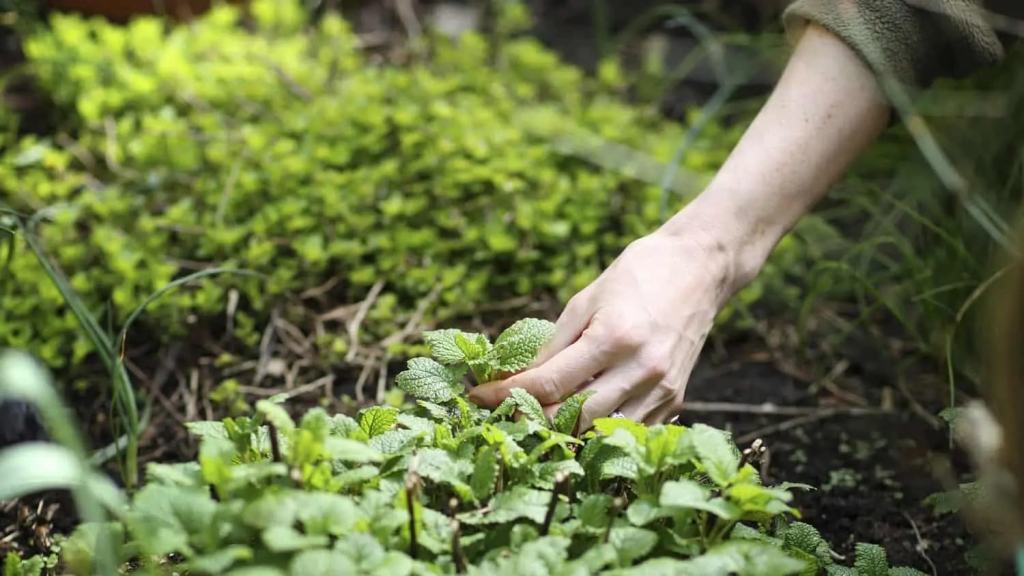
This not only improves the aesthetics of the garden, but also prevents the proliferation of diseases and pests that can find shelter in cold soil. Take the time to clean the flower beds and pots, eliminating the traces of plants that can't withstand the winter.
Careful Pruning: Winter Protection and Growth
Pruning is an essential step in preparing your garden for winter. This involves identifying which plants need pruning and cutting away dead or diseased branches. Proper pruning promotes healthy plant growth and protects plants from harsh winter winds. However, remember that plants that bloom in the spring should not be pruned, as they develop their buds in the winter.
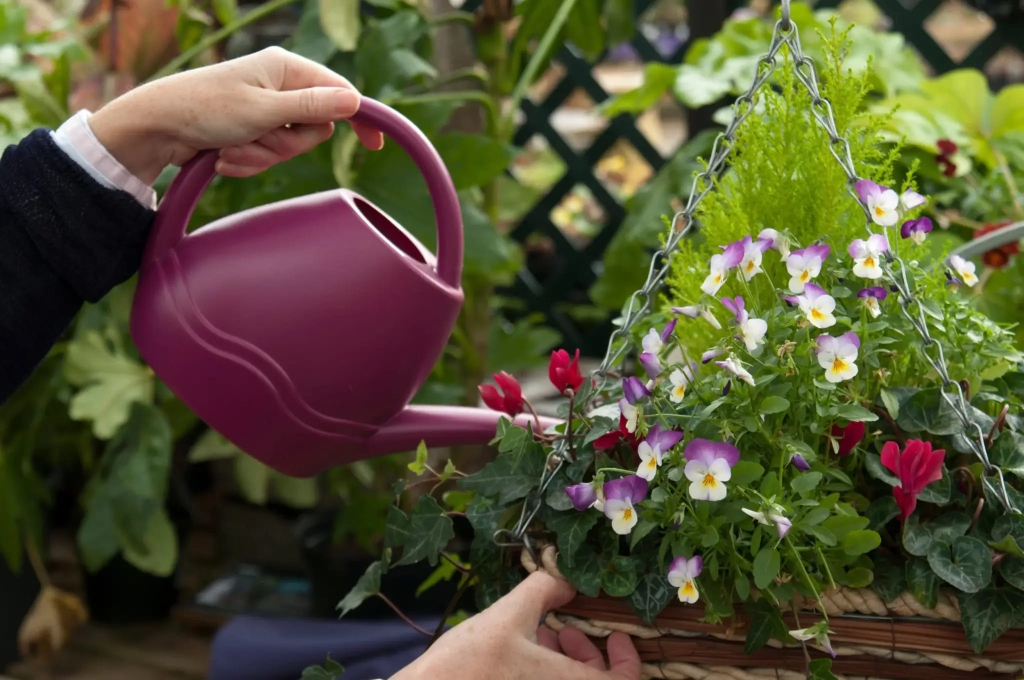
Nutrients and Ground Cover: Shielding Against the Cold
Winter can be harsh on soil and plants, but some precautions can help minimize the impacts. Applying nutrient-rich fertilizers before or at the onset of cold weather strengthens plants and enriches the soil. Additionally, a mulch made of organic material such as straw or dried leaves protects plant roots from the intense cold and prevents soil erosion.
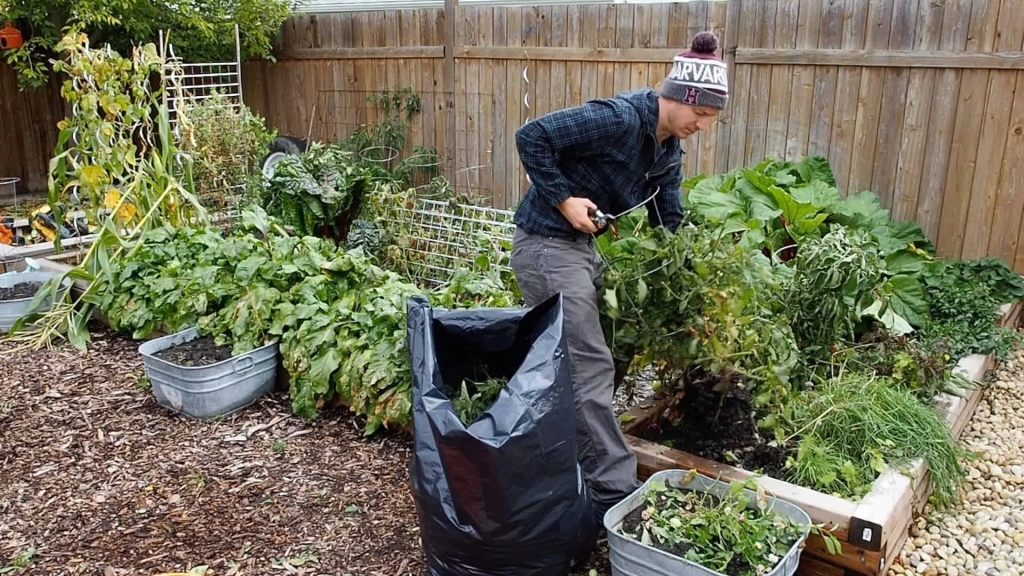
Protecting Sensitive Plants: Special Care in Winter
Some plants are more vulnerable to cold and require additional protection. Creating physical barriers, such as fences to protect against strong winds, can be an effective strategy.
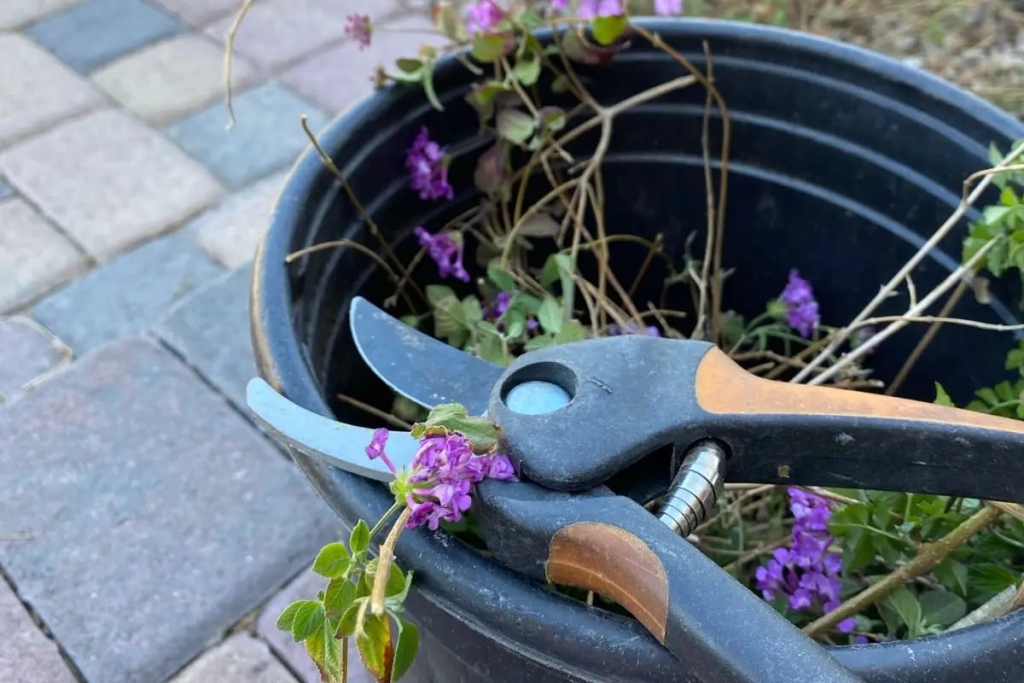
Special fabrics can also be used to cover sensitive plants on colder nights, always remembering to remove them during the day to ensure adequate ventilation.
Garden Guardians: Preventing Pests and Diseases in Winter
Plants can become more susceptible to pests and diseases during the winter, mainly due to the drop in temperatures and increase in humidity. In this context, it is crucial to carry out regular inspections of the garden for signs of infestation. If you find any diseased or affected plants, remove them immediately to prevent the spread of pests or diseases.
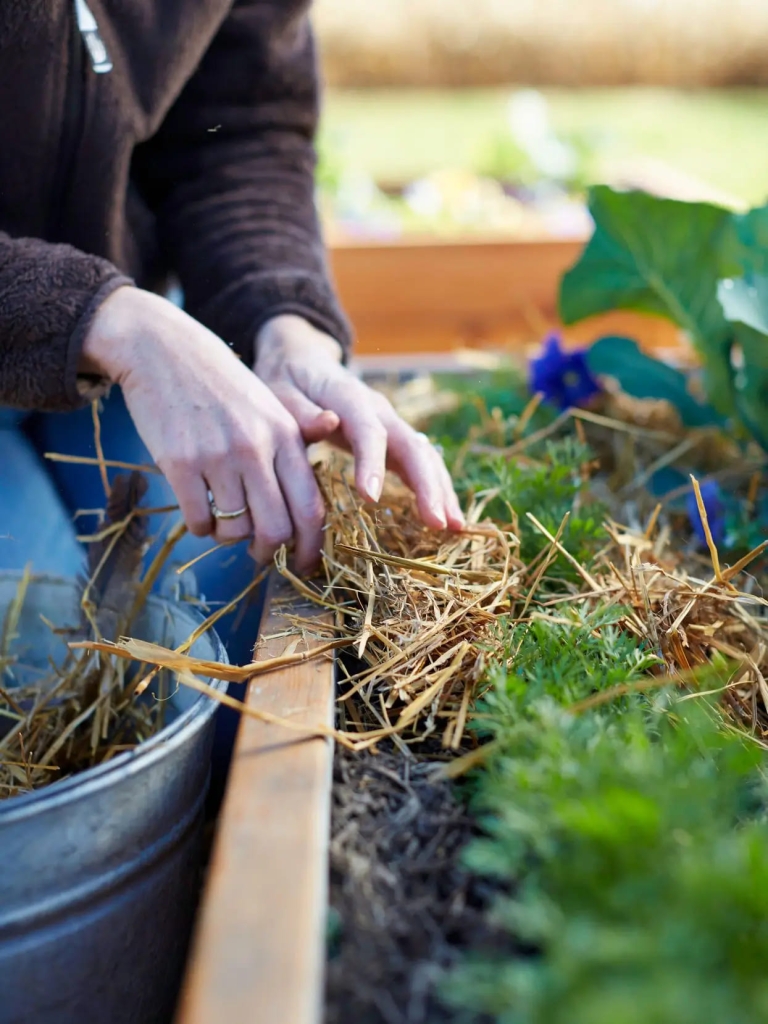
Additionally, it is important to keep your garden clean and tidy, as this can inhibit the proliferation of harmful insects. The use of preventative insecticides and fungicides can be an effective alternative to protect your garden. However, these products should be applied with caution, following the manufacturer's instructions, to ensure the health and safety of your plants, pets and your family.
Watering with Consciousness: Irrigation Adjustments During Winter
Winter brings with it the need to adjust your garden’s watering regime. Plants go into a dormant state during the colder months and therefore require less water. However, this doesn’t mean you should stop watering altogether. Instead, reduce the amount of water you use and check the soil moisture regularly to ensure your plants don’t become dehydrated.
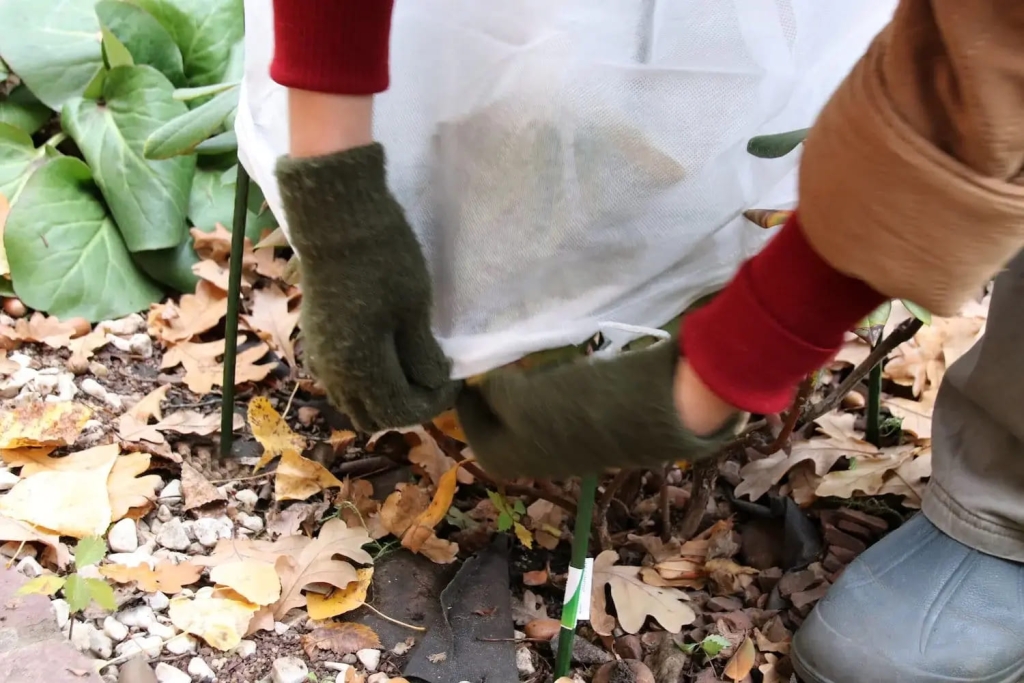
Avoid watering plants when the temperature is very low, as the water can freeze and damage the plant's roots. A drip irrigation system or a hose with a timer can be a practical solution to ensure precise watering without wasting water.
Conclusion
Preparing your garden for winter doesn’t have to be a complicated task. With a little planning and simple actions like cleaning, pruning, fertilizing, protecting against cold and pests, and adjusting your watering, you can ensure that your plants survive the winter and are ready to bloom again in the spring.
Remember that each garden and region has its own particularities. Therefore, it is essential to adjust these tips according to the specific needs of your garden and the local climate. With these measures, your winter garden will remain beautiful and healthy, even during the coldest months of the year.
Did you like this amazing tip? If so, share it with your friends and on your social networks. Leave your comment below and your suggestions. Receive it daily here on our website. Blog of ideas and tips free and follow us on Google News too. Thank you!